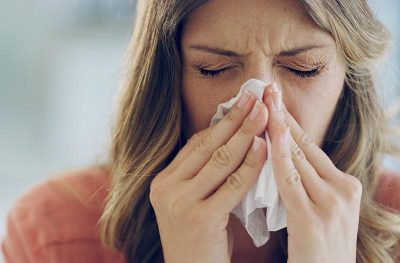Year after year, environmental pollution causes the death of millions of people around the world, as well as illnesses and harmful damage to health.
According to the World Health Organization (WHO), approximately 7 million people died prematurely from air pollution in 2016. These deaths were caused by respiratory and cardiovascular (heart) diseases.
The expulsion of polluting gases generated by industry, transportation, forest fires, and radiation are the basic causes of environmental pollution. Although environmental pollution is a global problem, the levels of pollution and the impact it has on health are not generated homogeneously around the world. Because they are more prominent in populations of South and Southeast Asian and Central African countries and lower in wealthy countries.
Some population groups are more prone to suffer the consequences of environmental pollution, such as children, the elderly, pregnant women, people suffering from respiratory or heart diseases. However, the entire population is at risk of suffering from air pollution to a greater or lesser degree.
Most recurrent diseases
The most recurrent diseases generated by environmental pollution are cough, phlegm or wheezing, fatigue, headache, irritation of the eyes and mucous membranes, liver, lungs, spleen, blood, and nervous system. The effects of these symptoms are manifested in lung function, inflamed airways, and increased respiratory infections. These symptoms reduce the quality of life of any individual, and there is a likelihood that these symptoms will be prolonged if not properly addressed. For example, diseases such as asthma, bronchitis, emphysema, pneumonia, and even lung cancer can occur. These conditions can develop into chronic ailments, prematurely aging the lungs, and shortening people’s lives.
Likewise, global warming can cause high mortality rates since it increases the sensation of fatigue, even producing heart attacks due to the heat. They also hasten the proliferation of microbes due to high temperatures and humidity. These are just some of the consequences of environmental pollution on people’s health and quality of life. It is therefore urgent to take concrete measures to solve this problem that afflicts everyone in the world.
The International Iberoamerican University (UNIB) promotes studies related to this topic, such as: Master’s in Environmental Management and Audits.
Photo: All rights reserved. Sources: How does pollution affect people’s health?The impact of pollution contamination on health and quality of life.

